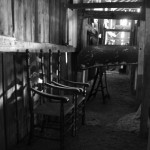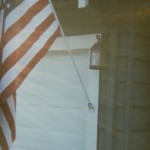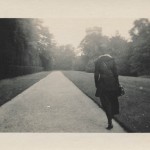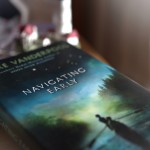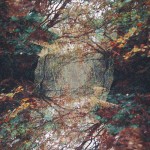Do you write with a pen? Do you write with the wind? Do you pray first? Do you pray when you are stuck? Do you pray after? Or are you praying the whole way through? Do you wait for the singer on the beach or the sinner in the confession booth to finish before you begin? (more…) Read more


